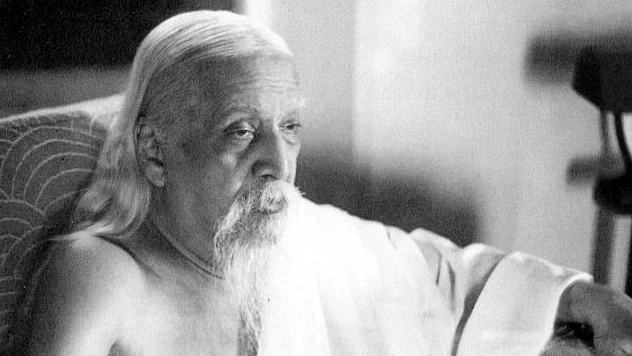(This article was first published on 28 April 2015. It has been reposted from The Quint’s archives to mark the death anniversary of Sri Aurobindo.)
A new play on Sri Aurobindo is in the works. Led by West Bengal Tourism minister Bratya Basu, the play questions Sri Aurobindo’s motives for leaving the freedom struggle.
According to a report in a leading news daily, Basu’s new play Boma (‘bomb’ in Bengali) supposedly a work of fiction, deals with the Alipore Bombing case of 1908. Sri Aurobindo, then just Aurobindo Ghosh, was accused of masterminding the bombing but was among the 17 people acquitted.
It was while he was incarcerated and put in confinement on these charges that Aurobindo’s spiritual awakening occurred. He subsequently claimed that Swami Vivekananda ‘spoke’ to him while he was in prison. After his acquittal, Aurobindo moved away from politics and moved towards yoga, meditation and other spiritual practices.
Boma questions the veracity of his spiritual awakening, and implies that in fact, Aurobindo may have promised to move away from politics and anti-British activity to ensure his acquittal.
The Many Tyagis of Indian Politics
Sri Aurobindo’s desire to abjure violence and politics for spiritual pursuits is not unprecedented.
King Ashoka turned to Buddhism and non-violence after he was shocked by the violence and death brought about by his conquest of Kalinga. More recently, Anna Hazare moved towards spiritualism after a stint in the army during the 1965 Indo-Pak war.
However, there is another approach to politics and spirituality that is as widespread in India’s mythology and history as the renouncer.
Arjun is extolled by Krishna in the Gita to fight and during the freedom struggle, Gandhiji’s entire political philosophy was based on moral and spiritual strength.
So Aurobindo’s path, one that took him away from political action was not the only one available to him.
In fact according to Peter Heehs, Aurobindo’s biographer and one of the leading scholars on the freedom fighter, Aurobindo never intended his departure to be permanent.
“Sri Aurobindo left Calcutta for Chandernagore on the spur of the moment one evening in February 1910 after learning that a warrant had been issued for his arrest. There is no indication that he was planning to ‘leave politics’ at this time. Later he went to Pondicherry with the idea of returning to politics after he had been acquitted in the sedition case that had been lodged against him.”Peter Heehs
But why didn’t Aurobindo return once he was acquitted?
“There were two main reasons for this. First he knew that there was little that he or any politician could do at that time owing to the repressive policies launched by the British. Second, he wanted to continue his practice of yoga in solitude for a year. I don’t think the question of ‘popularity and political influence’ ever entered his mind.”Peter Heehs
A little under a decade after he gave up politics, Gandhiji and the Congress made Satyagraha the basis for political action in India and launched the Non Cooperation Movement in 1919. Based on moral and political force, Satyagraha became the cornerstone of India’s struggle for Independence.
It is important to remember that Bratya Basu’s Boma is a work of conjecture and fiction. Based on current evidence, we cannot conclude that Aurobindo’s acquittal or his subsequent spiritual awakening was a farce.
Sri Aurobindo was with the National Movement in its pre-Gandhian phase. He belonged to an upper-class family and was educated in Britain. In the Alipore Bomb Case, an attempt to assassinate a government official led to the death of a woman and child. This jolt may well have led to a spiritual life.
And in the time before Gandhi, that often meant discarding a political and social existence.
(At The Quint, we question everything. Play an active role in shaping our journalism by becoming a member today.)
